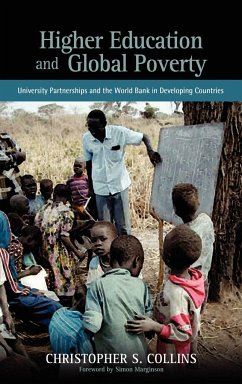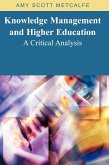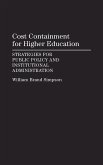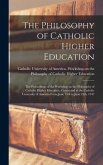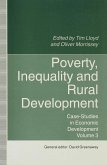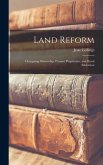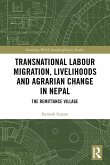This study is founded on several case studies which examine countries, including Thailand and Uganda, where impact analyses were done on World Bank loans dedicated to the expansion of higher education in science and technology. These two countries were chosen because they are in two different regions with dissimilar colonial histories and their loans are relatively recent. A case study on crossborder university partnerships also provides a model which other universities and development agencies may utilize when positioning higher education as a poverty reduction strategy. Delivering extensive frontline information on education, international development, and the challenges that follow, this book also includes a review of poverty reduction strategies as well as a theoretical framework that covers colonialism, development, and indigenous knowledge. This research conducted on the World Bank and the impact of its policies in two developing countries offers primary source information on work related to the topic. A major portion of the book looks at the effort put forth by U.S. universities in partnership with universities in developing countries for the purpose of using knowledge creation and dissemination as a poverty reduction strategy. The policy recommendations presented are useful for international development agencies like the World Bank, and the model demonstrated can be used by universities interested in cross-border partnerships across lines of economic development. This book will be invaluable to educational researchers, qualitative and ethnographic researchers, international development specialists, and scholars in international education.
Hinweis: Dieser Artikel kann nur an eine deutsche Lieferadresse ausgeliefert werden.
Hinweis: Dieser Artikel kann nur an eine deutsche Lieferadresse ausgeliefert werden.

